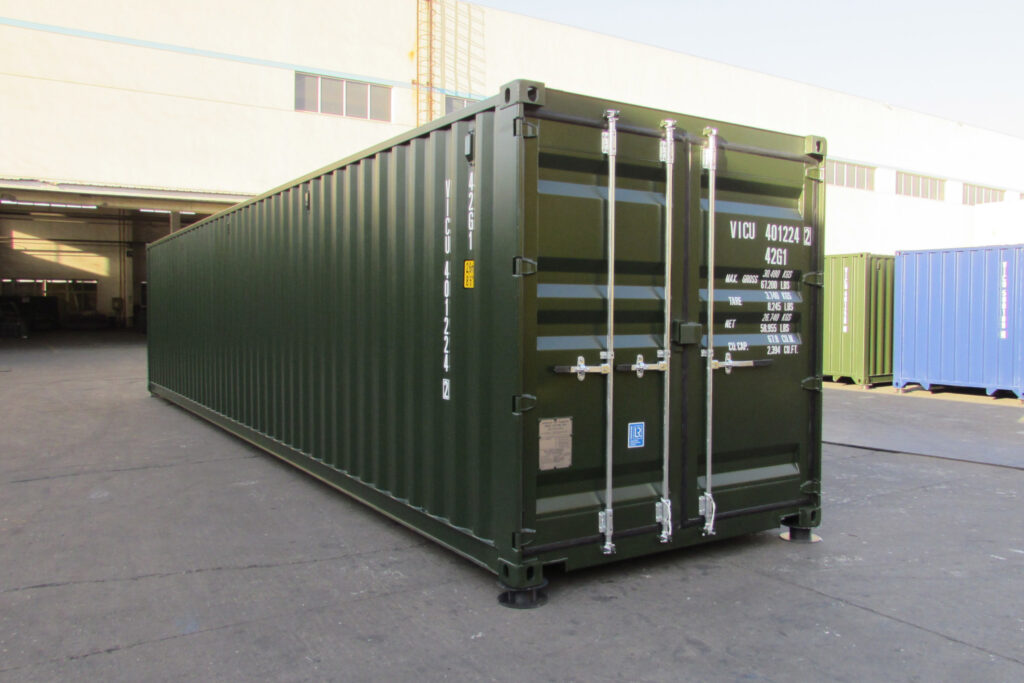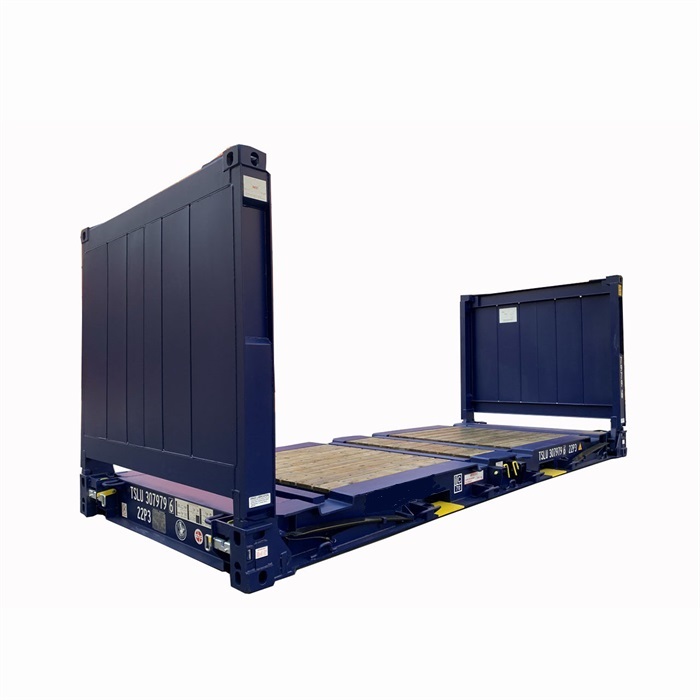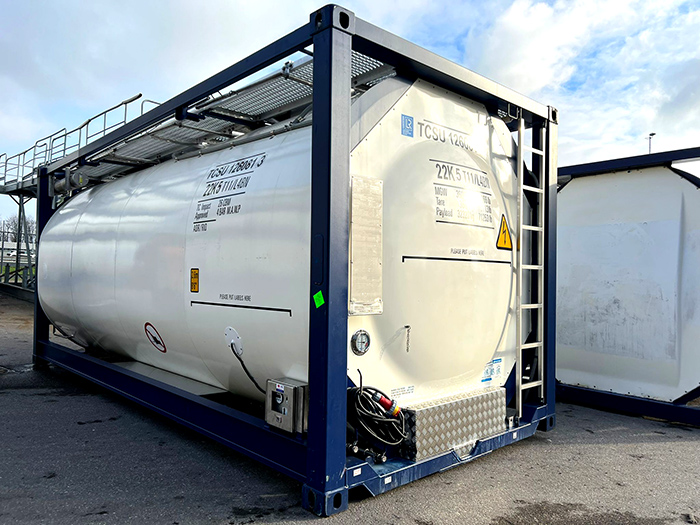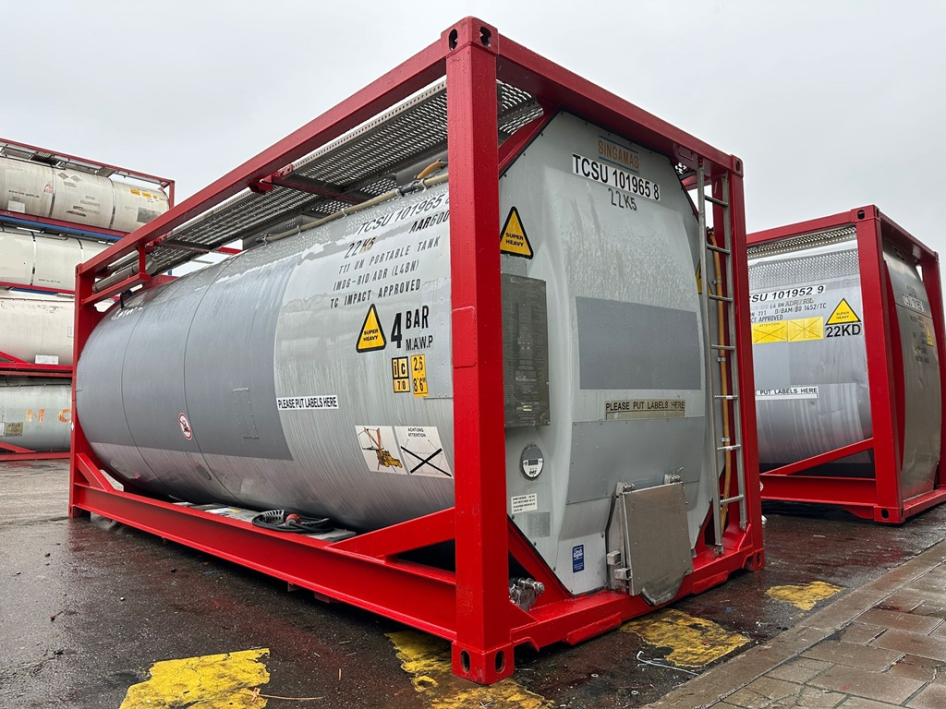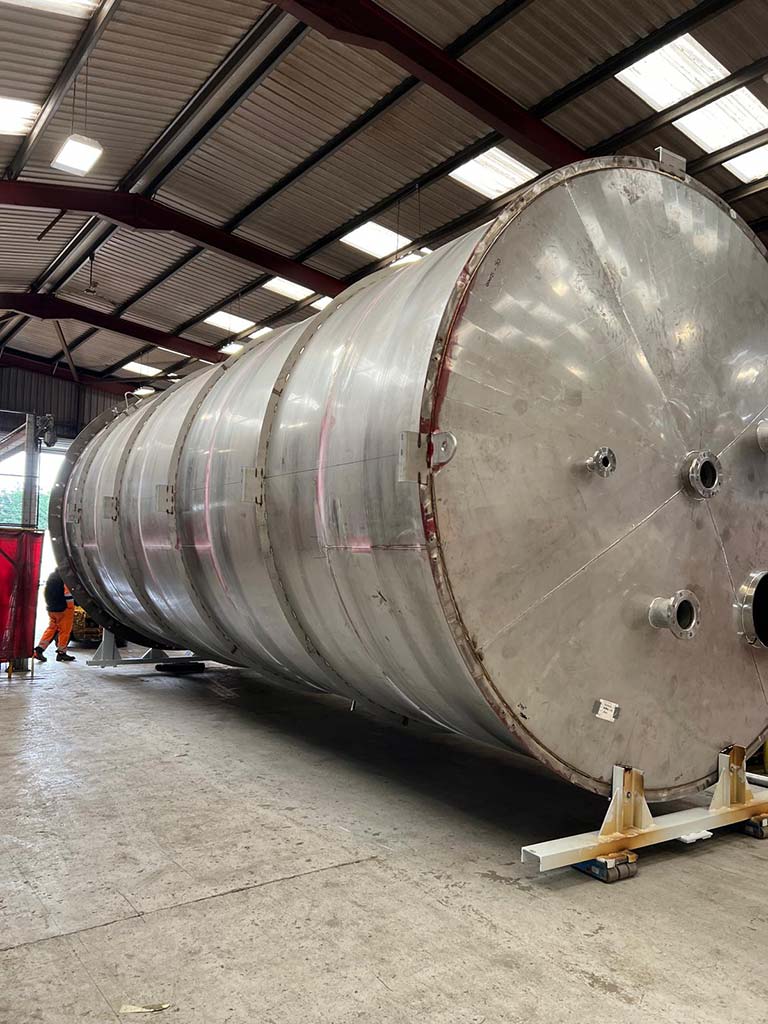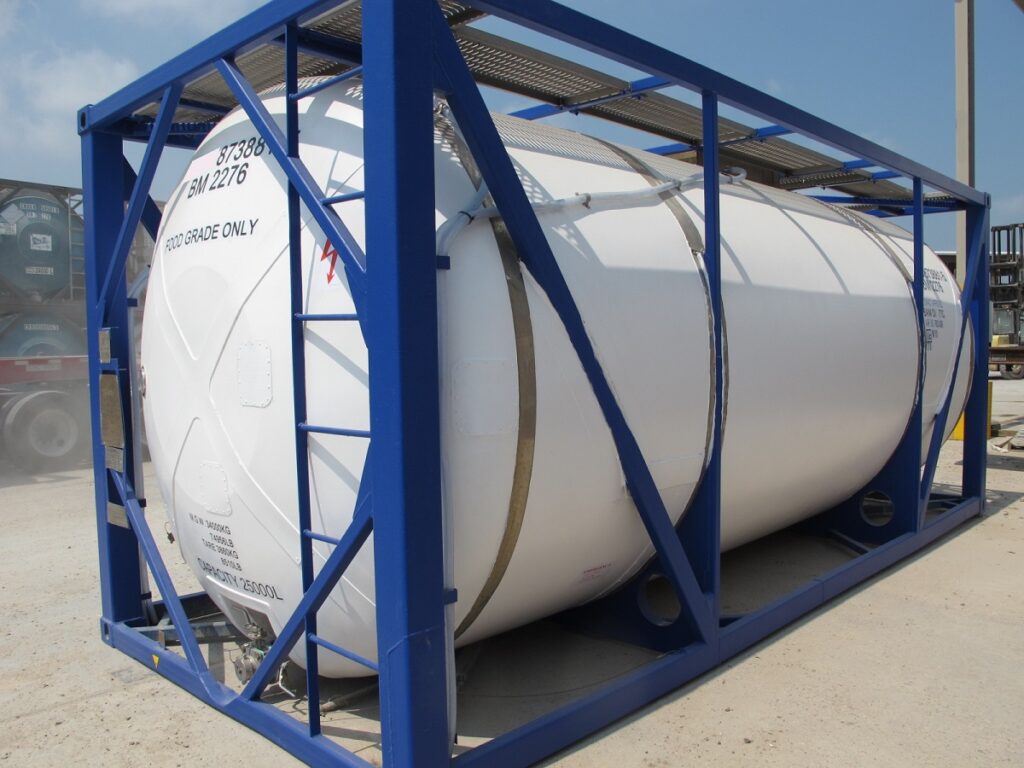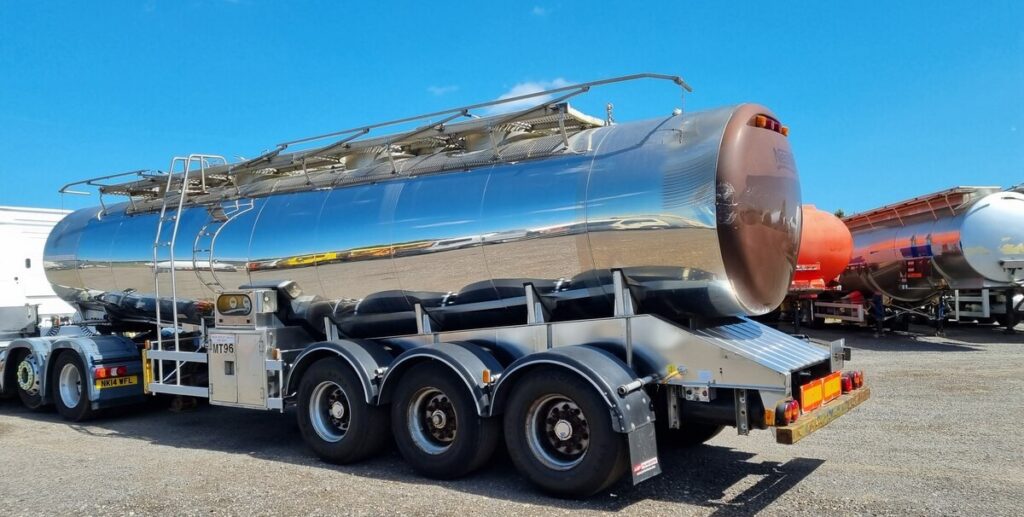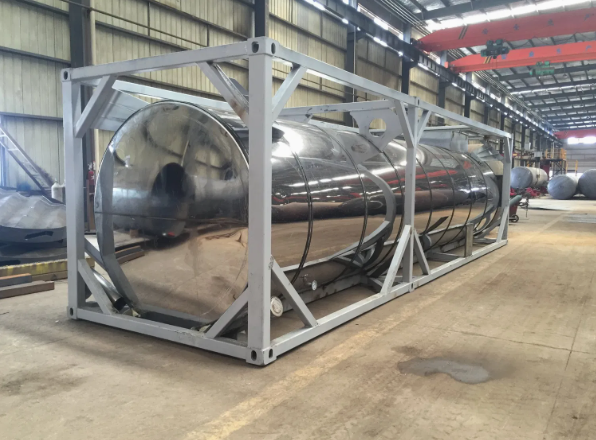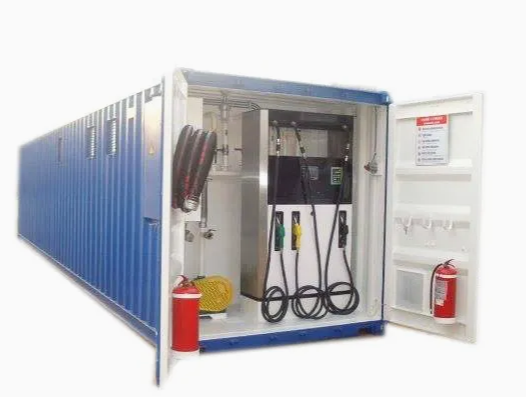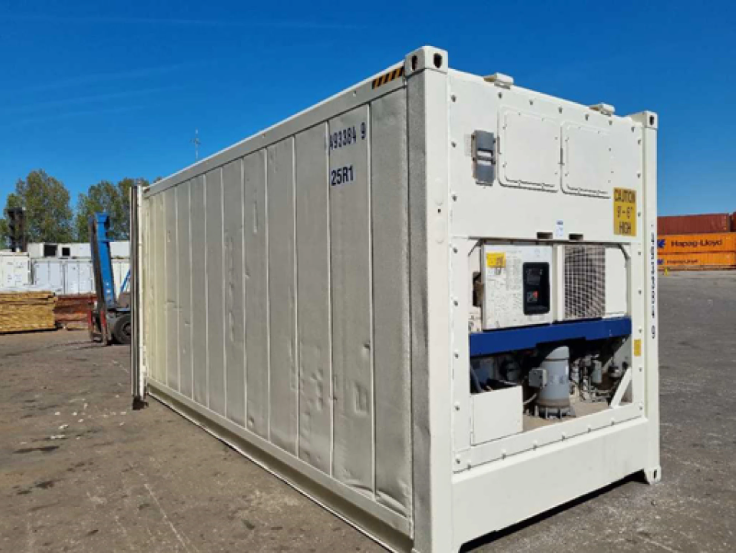Shipping Containers
20ft Extra Wide Foldable Flat Rack Containers
In the dynamic world of logistics and freight shipping, efficiency, versatilit...
Industrial ISO Tanks Containers
In the global logistics and transportation industry, efficiency, safety, and v...
Temperature-Controlled Tank Containers
In the dynamic world of international logistics and freight transportation, th...
The Ultimate Guide to Food-Grade ISO Tanks
In today's globalized economy, the efficient and safe transportation of food p...
Viscous Liquid Transportation
In industries ranging from petroleum and chemicals to food processing and phar...
Stainless Steel Heated and Insulated ISO Tanks for Industrial Purposes
In the fast-paced realm of industrial logistics and chemical processing, the d...
Best Container for Fuel
In the world of industrial logistics, transportation, and storage, selecting t...
20ft Container Cold Rooms
In today's fast-paced global supply chain, efficient cold storage is crucial f...

